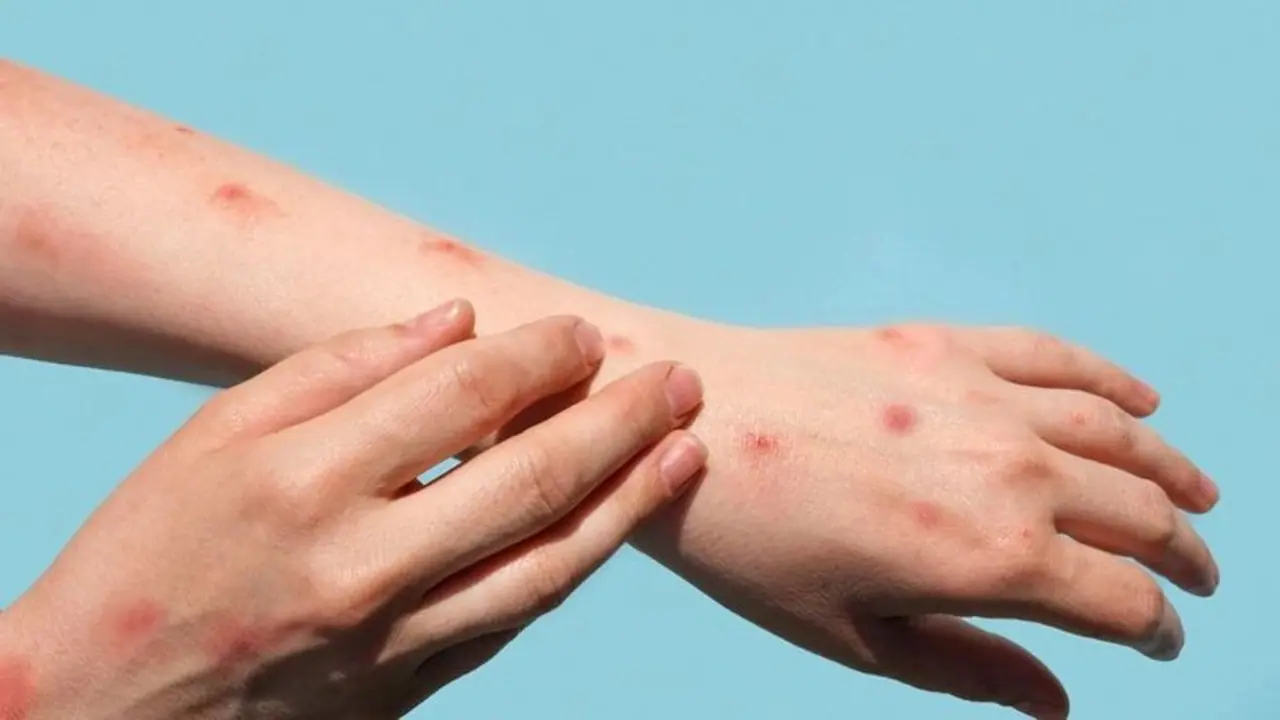The task force was formed following a high-level meeting on July 26 at the prime minister's principal secretary level to review the country's ongoing public health preparedness.
A task force on monkeypox has been formed to closely monitor the emerging situation in the country and decide on response initiatives to combat the disease's spread, official sources said on Monday.

Following the sources, it will also advise the government on expanding diagnostic facilities in the country and investigate emerging trends in disease vaccination.
A 22-year-old man who recently returned to Kerala from the UAE died of monkeypox on Saturday. So far, India has reported four cases of the disease.
The task force was formed following a high-level meeting on July 26 at the level of the prime minister's principal secretary to review the country's ongoing public health preparedness. Dr VK Paul, NITI Aayog member (health), will lead the task force.
As per the official source, the National Aids Control Organization and the Directorate General of Health Services in the Health Ministry have been asked to develop a targeted communication strategy to promote timely reporting, case detection, and case management.
The Indian Council of Medical Research (ICMR) network of labs was activated, and arrangements were made for the necessary monkeypox disease diagnostics.
Monkeypox has recently been declared a global public health emergency of international concern by the World Health Organization (WHO).
Over 16,000 cases of monkeypox have been reported from 75 countries worldwide.
The Union Health Ministry has launched several initiatives, including increased health screening at entry points and operationalising 15 laboratories under the ICMR to conduct monkeypox disease tests.
It also issued comprehensive disease guidelines covering public health and clinical management aspects, regular virtual interaction with states, and central multidisciplinary teams deployed to affected states.
According to the World Health Organization, monkeypox is a viral zoonosis, or a virus transmitted to humans from animals, with symptoms similar to smallpox but less severe clinically.
Monkeypox typically causes fever, rash, and swollen lymph nodes, which can lead to various medical complications. Typically, it is a self-limiting disease with symptoms lasting two to four weeks.
According to the Centre's 'Guidelines on Management of Monkeypox Disease,' human-to-human transmission occurs primarily through large respiratory droplets that require prolonged close contact.
It can also be spread through direct contact with bodily fluids or lesions and indirect contact with lesion material, such as contaminated clothing or linen from an infected person. Animal-to-human transmission can occur through the bite or scratch of infected animals and bush meat preparation.
The incubation period for monkeypox is typically six to thirteen days, and the case fatality rate has historically ranged up to 11 per cent in the general population and higher in children. In recent years, the case fatality rate has hovered between three and six per cent.
Lesions typically appear one to three days after the onset of fever and last two to four weeks. They are often described as painful until the healing phase when they become itchy. According to the guidelines, monkeypox has a distinct preference for the palms and soles.
(With inputs from PTI)
Also Read: Centre invites bids from pharma companies to develop vaccines, diagnostic kits for monkeypox
Also Read: Monkeypox: WHO chief advises at-risk men to reduce number of sexual partners
Also Read: ICMR isolates monkeypox virus; may pave way for development of vaccines
